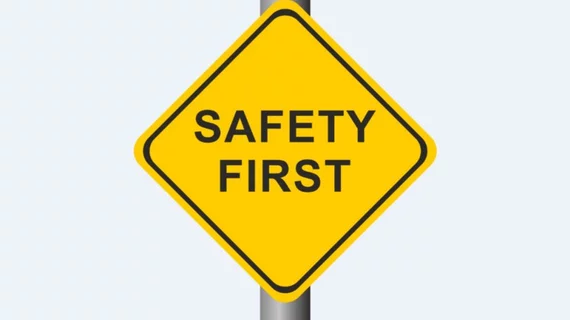USP postpones new chapters on safety standards for radiopharmaceuticals
The United States Pharmacopeial Convention (USP) announced Wednesday, Sep. 25, that it is postponing the go-into-effect dates of several recently revised chapters related to preparing and packing radiopharmaceuticals.
The USP published revisions to two chapters on June 1, 2019, <795> Pharmaceutical Compounding-Nonsterile Preparations; and <797> Pharmaceutical Compounding-Sterile Preparations; along with a new chapter <825> Radiopharmaceuticals-Preparation, Compounding, Dispensing, and Repackaging. After their publication, the USP received appeals on certain aspects of these three chapters, which are now under appeal.
The USP believes they will be reviewed by an appointed panel at an unspecified time, according to a Society of Nuclear Medicine & Molecular Imaging (SNMMI) statement.
“USP’s Bylaws provide that the official date of a standard under appeal must be postponed while an appeal is pending,” according to a USP notice. “Therefore, USP is postponing the official dates of the revised <795> and <797>, and the new general chapter <825> until further notice.”
General Chapter <800> Hazardous Drugs—Handling in Healthcare Settings, will become official on December 1, 2019, and is not facing any appeal.

